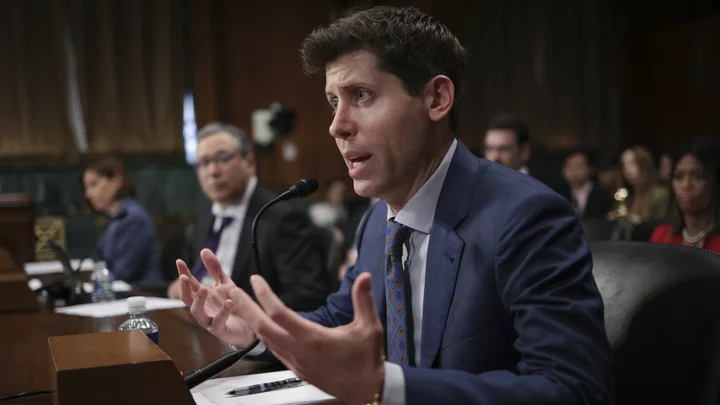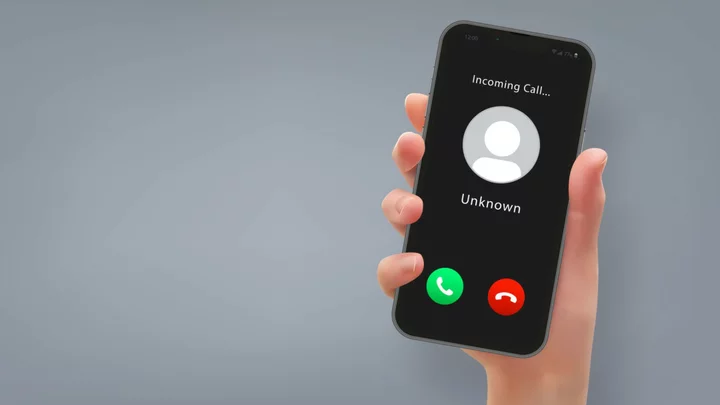OpenAI has disabled the latest ChatGPT Plus feature, Browse with Bing, upon discovering users could use it to get around paywalls and read articles for free.
The issue came to light on the r/ChatGPT Reddit thread. “It looks like you can use ChatGPT to bypass paywalls,” one user wrote on June 26, along with an image of ChatGPT returning the full text of an Atlantic article that would require a subscription to read on the Atlantic website.
RedditBrowse with Bing is only available with a ChatGPT Plus account ($20 per month). It provides web access, meaning it can scrape the web for the latest information. A basic, free ChatGPT account only has data up until 2021.
OpenAI started rolling out Browse with Bing to Plus accounts in May, along with a host of other plugins that can modify and enhance the generative AI tool’s output. Last week, OpenAI confirmed the feature was fully available to all, though it's still labeled as a beta product.
Just a few days later, on July 3, the company disabled Browse with Bing after discovering the paywall issue. The option to use it no longer appears in the drop-down menu, which Plus users could previously select when chatting with GPT-4, ChatGPT’s most advanced model.
ChatGPT Plus menu last week (left) and this week (right). (Credit: Emily Dreibelbis/OpenAI)“We have learned that the ChatGPT Browse beta can occasionally display content in ways we don't want,” says OpenAI. “We are working to bring the beta back as quickly as possible, and appreciate your understanding!”
To its credit, OpenAI seems to welcome user testing of this nature, though it conveniently leans on the “beta” label as a scapegoat when issues arise. “Very grateful to the ChatGPT Plus subscribers who have been helping us test the browsing feature,” OpenAI tweeted in regards to the paywall issue. “This is why we started with a beta—have received extremely valuable feedback, learned a lot, & will bring it back soon.”
Google does the same for its competing tool, Google Bard, which it calls an “experiment.” A disclaimer at the bottom of the chat window excuses any bad behavior: “Bard may display inaccurate or offensive information that doesn’t represent Google’s views.” At the same, millions of people are already using ChatGPT and Bard worldwide.
Circumventing a paywall would typically violate the Digital Millennium Copyright Act (DMCA), according to New York University Law School. When a human does it, that is. At this point, it’s unclear what legal framework, if any, would apply to the same behavior by an AI.
We do know that basic copyright law does not currently cover AI-generated content, such as books and images, according to the Congressional Research Service. At least one outstanding lawsuit hopes to change this, with the defendant seeking the ability to copyright AI-generated work. However, the issue of copyrighting new works differs from bypassing a paywall and regurgitating contents verbatim (for free).
OpenAI did not mention potential lawsuits when disabling the feature; it simply cited a desire to “do right by content owners.” Last week, however, the company was hit with a lawsuit over data privacy violations, and likely doesn't want any further legal trouble.
More broadly, we can now add bypassing paywalls to the list of ways AI threatens the existing security and legal measures that govern the web. Elon Musk referenced another one at last month’s Viva Technology conference in Paris: CAPTCHA puzzles. “It’s very obvious that with today’s AI, computers can pass every ‘Are you a human’ test like identifying a traffic light,” Musk said. “You need something that has better authentication than that.”









